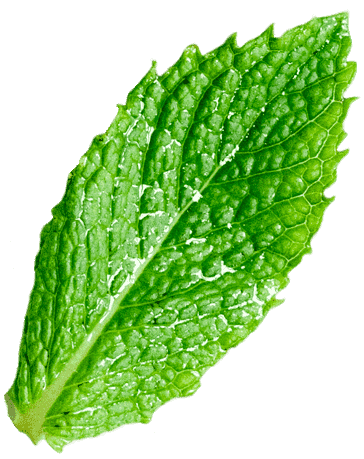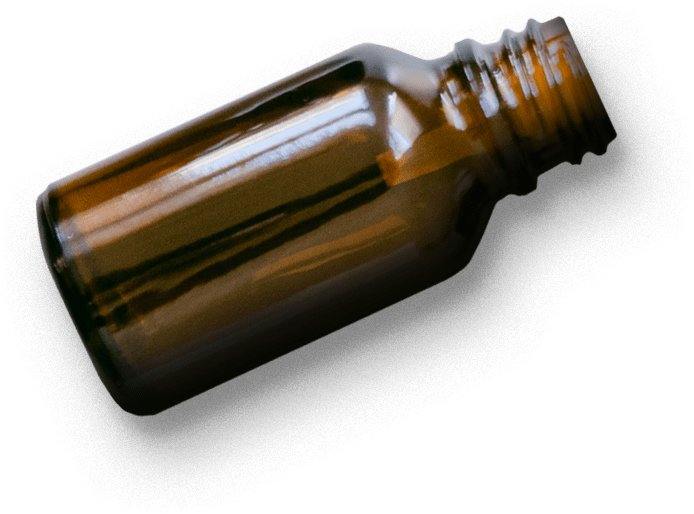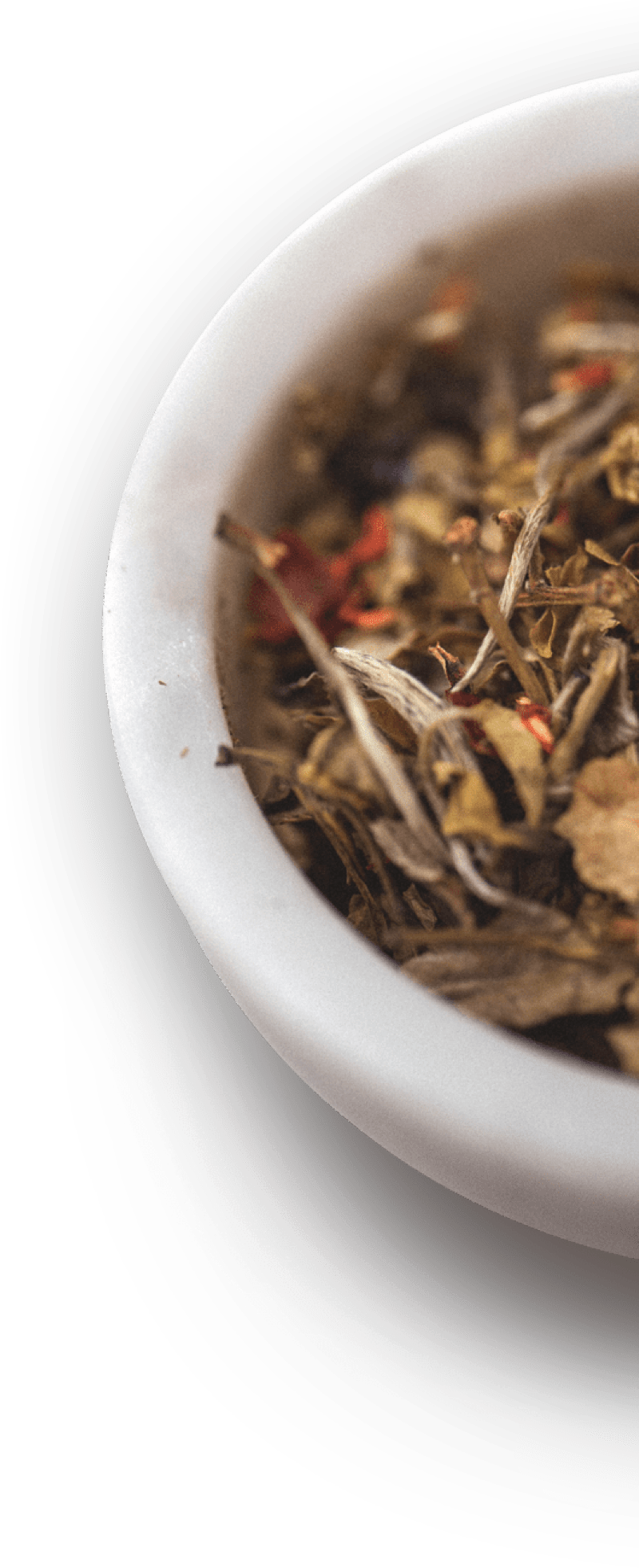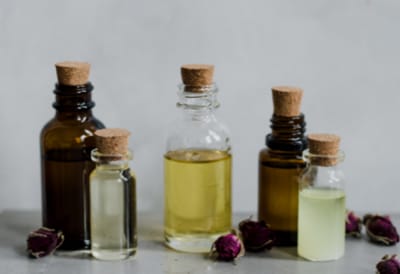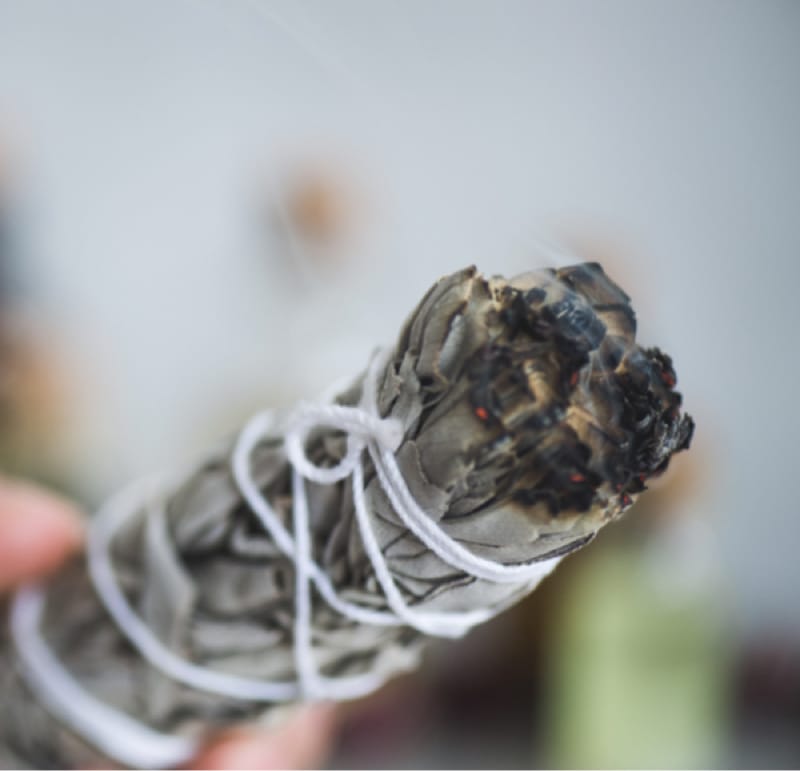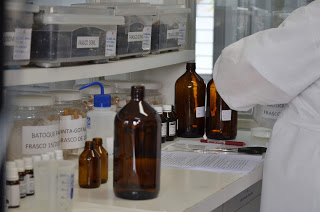A BIOLOGIC RESPONSE MODIFIER AGAINST MELANOMA.


Metastatic melanoma is the most aggressive form of skin cancer, and the most rapidly expanding cancer in terms of worldwide incidence, with a 5 years survival rate of less than 10% after metastasis establishment. Chemo and radiotherapeutic approaches in melanoma treatment have been shown disappointing results, also resulting in severe adverse effects. In this work we have evaluated M1 treatment, a highly diluted natural complex: 1) in vitro, in a co-culture model between human mononuclear cells obtained from leukoreduction chambers (LRS chambers) after plateletpheresis procedure, and a human metastatic cell lineage (1205Lu), and 2) in vivo, in C57BL/6 mice bearing melanoma tumors (B16-F10 cells subcutaneously inoculated into dorsal flanks).
Treatment was added to mononuclear cells culture on in vitro assays and giving by inhalation for 10 min/day during 14 days on in vivo assays. We have obtained the following results 1) in vitro treatment have shown that mononuclear cells previously treated for 48 hours with M1 and then submitted to co-culture, reduced proliferation rate, induced cell cycle arrest, increased apoptosis and decreased nitrogen and oxygen reactive species release from 1205Lu tumor cells.
A decrease in cell invasion and lower beta-catenin expression was also observed. Besides that, when mononuclear cells were analyzed by flow cytometry, an increase in CD3-/CD56+ Natural Killer cell population was seen in the treated group. Finally, when isolated from mononuclear cultures, and co-cultured with 1205Lu, those Natural Killer cells from M1 treated group, showed a significant increase in cytotoxicity against melanoma cells. 2) in vivo treatment: after 14 days of mice M1 treatment by inhalation, tumors were removed, and histopathology analysis was made using color deconvolution plugin and area measurement from ImageJ software.
Both tumor size and weight were reduced on treated animals. Histopathology investigation showed a higher tumor cell death whereas lower microvascular density, which may be related to the lower amount of host angiotensin II type 1 receptor positive cells on tumor periphery was found on treated animals. Since tumor growth depends on nutrients carried out by blood, inhibition of angiogenesis has been emerging as a new therapeutic goal for treating cancer.
Previous results showing decreasing in NF-κB in human carcinoma colon-rectal cells (BMC CAM 2011, 11:101) together with these data allowed us to conclude that the natural complex M1 may have an important contribution in reducing noninvasive tumor burden. Also, it was an effective and nontoxic approach to improve anti-tumor effects. Finally, not only decreasing neovascularization, increasing NK cells but increasing activation of the NK cells, it could be used as adjuvant therapy in tumors.
Diogo Kuczera, Lucas Ferrari de Andrade, Carolina Camargo de Oliveira, Edvaldo da Silva Trindade and Dorly de Freitas Buchi
Departamento de Biologia Celular, SCB, Universidade Federal do Paraná, Brazil

